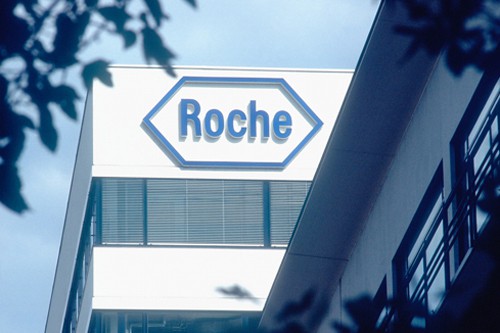
Roche has announced a partnership with Eli Lilly aimed at developing a blood test for Alzheimer’s disease which, if approved, could help streamline the journey to diagnosis for more patients.
Affecting more than 6.5 million Americans alone, Alzheimer’s disease is an irreversible, progressive brain disorder that slowly destroys memory and thinking skills and, eventually, the ability to carry out simple tasks.
A timely diagnosis allows patients and their physicians to make important decisions about treatment, support and care. However, barriers to early and accurate diagnosis of Alzheimer’s exist worldwide, with up to 75% of people living with the symptoms of the disease, but without a diagnosis.
Roche’s Elecsys Amyloid Plasma Panel (EAPP) test, which has already been given breakthrough device designation in the US, would be an additional tool to determine whether symptomatic individuals should proceed to further evaluation and testing that may confirm a diagnosis.
The test works by detecting traces of the toxic protein beta amyloid, which builds up in the brains of Alzheimer’s patients.
Matt Sause, chief executive officer of Roche Diagnostics, said: “We are excited to be collaborating with Lilly on such an important area of unmet medical need.
“Today, over 55 million people are living with dementia and this is projected to increase to nearly 140 million by 2050. Collaboration is essential to ensure these people receive a timely and accurate diagnosis.”
Mark Mintun, Lilly group vice president – neuroscience R&D and president, Avid Radiopharmaceuticals, added: “We look forward to the robust data and continued collaboration across the field that will be critical to accelerate the ecosystem to aid in a timely and accurate diagnosis of Alzheimer’s.”
The partnership comes just two months after Eisai and Biogen’s Alzheimer’s drug Leqembi (lecanemab-irmb) received accelerated approval in the US for patients at early stages of the disease, underpinning the need for timely diagnosis.
The decision from the US Food and Drug Administration was based on phase 2 data showing that Leqembi reduced the accumulation of amyloid beta plaque in the brain.
The drug has since been granted priority review for traditional approval in the US, with the application supported by phase 3 results demonstrating a reduction in clinical decline by 27% on the global cognitive and functional scale compared with placebo at 18 months.




